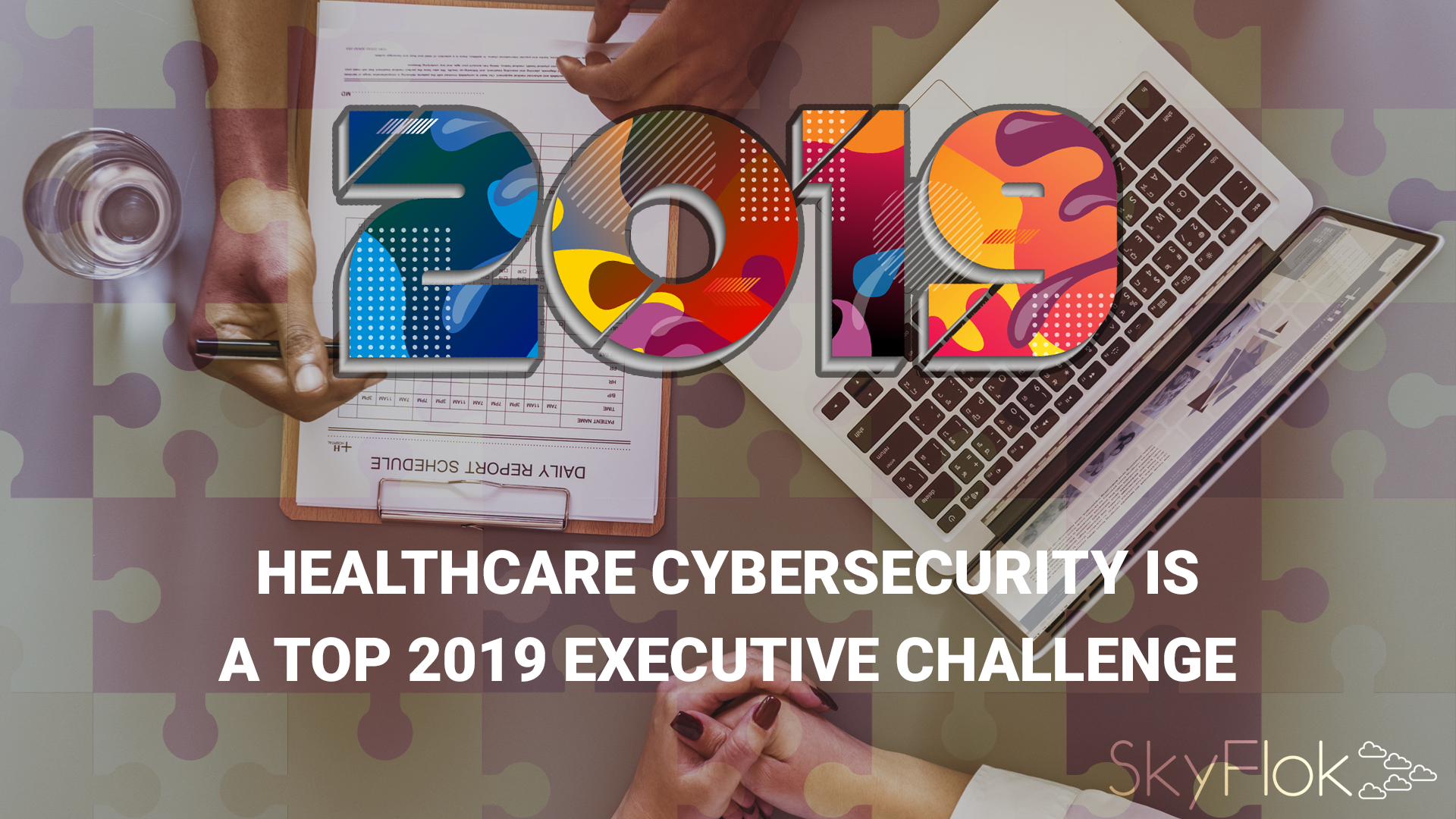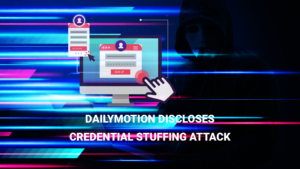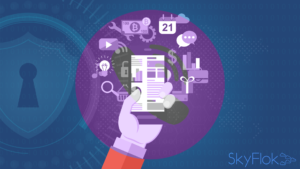Healthcare cybersecurity will be one of the top 10 challenges, issues, and/or opportunities facing healthcare executives next year, according to a new poll by the Healthcare Executive Group (HCEG).
Need a solution that can help you maintain your clients trust when holding or sharing their data? Consider SkyFlok – a secure cloud storage and sharing service that allows you to manage your and your clients’ files privately.
SkyFlok provides a two-way sharing space to interact and manage clients or suppliers: keep interactions tracked, while sharing securely and easily. This is a more secure and organized way to manage your clients’ data than email or other alternatives. Join us!
September 25, 2018 – Healthcare cybersecurity will be one of the top 10 challenges, issues, and/or opportunities facing healthcare executives next year, according to a new poll by the Healthcare Executive Group (HCEG).
Healthcare cybersecurity covers such issues as protecting the privacy and security of healthcare consumer information to maintain consumer trust in sharing data, the HCEG explained.
For the poll, the HCEG board and other thought leaders presented a list of more than 25 topics to participants in HCEG’s annual forum.
Other top challenges, issues, and/or opportunities for 2019 included data and analytics, total consumer health, population health services, value-based payments, the digital healthcare organization, rising pharmacy costs, external market disruption, operation effectiveness, and opioid management.
This is the fourth straight year that healthcare cybersecurity made it into the top 10 challenges, issues, and/or opportunities based on the annual HCEG poll.
For last year’s poll, which looked at issues for this year’s healthcare executives, cybersecurity ranked sixth. In the 2016 poll, which looked at 2017 issues confronting healthcare execs, cybersecurity ranked fourth.
“Selecting and ranking healthcare issues is always a challenge as we are in a very critical and dynamic stage in healthcare,” stated HCEG Executive Director Ferris W. Taylor.
“HCEG plans to further explore the reasoning through facilitated discussions at upcoming events and within the HCEG digital community. It’s a compliment to the HCEG members that we reached an agreement on these 10 critical and actionable issues,” Taylor added.
Healthcare Cybersecurity Should Be HHS Innovation Focus
Earlier this year, the College of Healthcare Information Management Executives (CHIME) recommended that HHS include healthcare cybersecurity as a focus area of a proposed public-private workgroup on healthcare innovation and investment.
“Cybercrime in healthcare settings is now a lucrative industry for bad actors,” CHIME argued in its comments on the proposal.
“The growing nature of our interconnected healthcare world is also raising the stakes for the likelihood of negative patient outcomes attributed to a cyber event. Innovations in technology must consider these growing threats.”
HHS should include healthcare CISOs in the workgroup, said CHIME.
“The privacy and security of patient data — as well as the federal and state regulations governing such information — must be considered as new innovations and technologies are incorporated into healthcare delivery systems. CISOs offer unique perspective and considerations for ensuring innovations address growing cybersecurity threats to patient data,” the industry association noted.
In addition to CISOs, CHIME recommended that the workgroup include CIOs, healthcare providers, patients and caregivers, EHR vendors, and healthcare innovators.
“Although the group is sure to include well-known tech giants that are on the forefront of radical innovations in the consumer technology and healthcare spaces, it is important to include other health innovation experts. Some areas where expertise will be necessary is in genomics, machine learning, voice recognition and cybersecurity so that responsible innovation can take place,” observed CHIME.
HHS should support innovation that accurately identifies patients. The agency should use the Centers for Medicare and Medicaid Services’ Center for Medicare and Medicaid Innovation to promote private solutions in patient identification, the group argued.
“Solving the patient identification issue is essential. Given the Congressional ban in place since 1998 that prohibits HHS from spending any funds to establish or deploy a unique patient identifier, innovation in the private sector is needed to overcome this hurdle to improved patient care,” CHIME wrote.
“CHIME has long been a supporter of developing a national patient identifier to accurately and efficiently match patients with the correct record. This is integral to CMS’ goal to achieve the free-flowing exchange of patient records and true interoperability. From the perspective of CHIME, accurately matching patients to their data should be one of the principal goals of the innovation work group,” it concluded.
Healthcare cybersecurity will continue to be a top concern for healthcare executives, whether this entails protecting patient privacy, improving healthcare data security, or preventing ransomware from infecting the endpoints and networks of organizations.
Click here to view original web page at healthitsecurity.com







